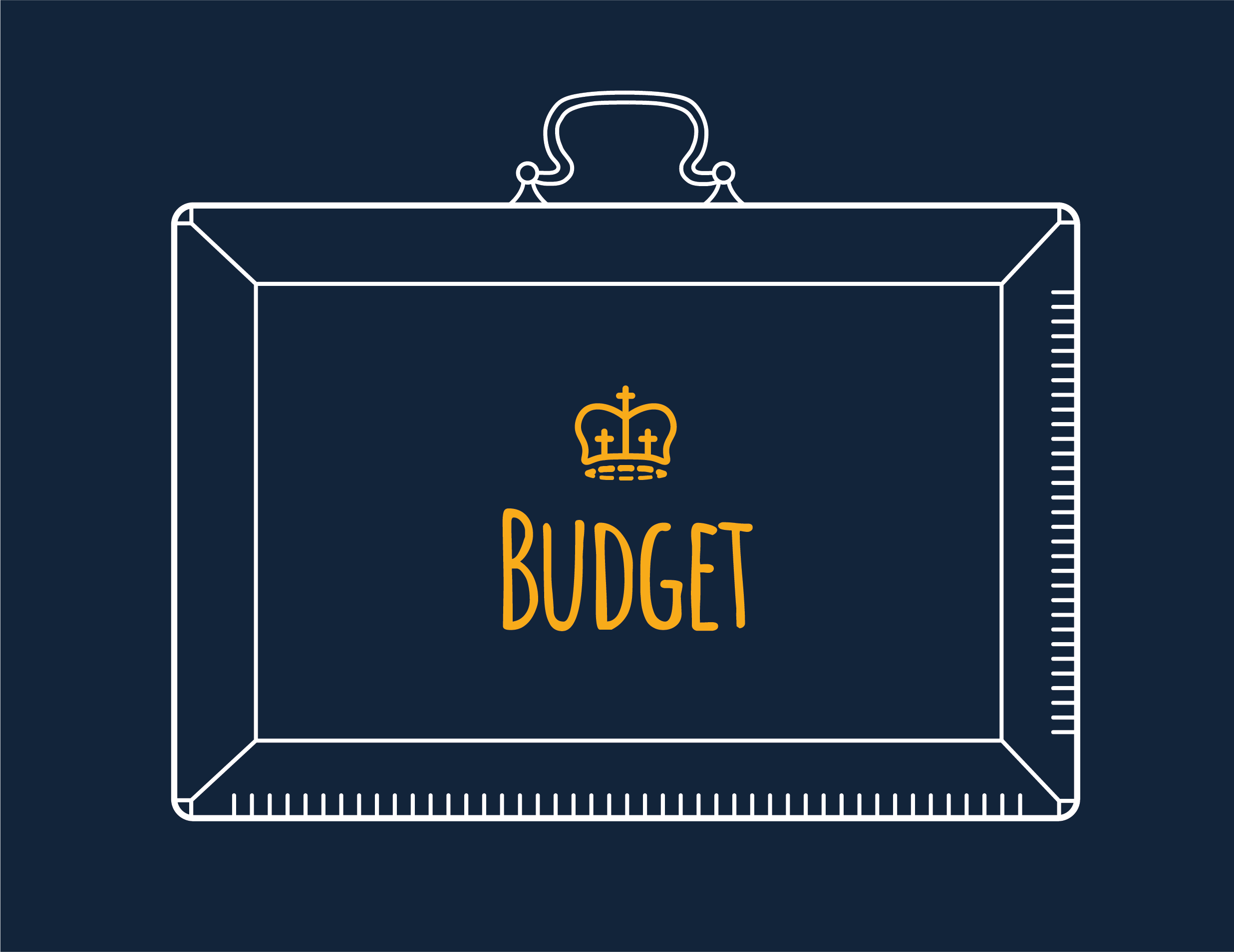
Many of us go to bed at night and struggle to sleep due to financial stress. It might be due to being in debt, unemployment, a lack of funds for the month ahead or thinking about how you are going to cope with your finances in the future.
By managing your financial stress, you will be able to focus on more enjoyable aspects of your life and relax knowing that you have a plan in place to help you handle your financial situation.
According to research from MoneySupermarket.co.uk, day-to-day finances are the main cause of stress for a staggering 18.5 million people in the UK, up from 15.6 million a year ago. They found that more than a fifth (22%) said that their current financial situation was causing them the most stress, while 14% said they were mostly worried about their future financial outlook.
Having financial stress hanging over your head all of the time can affect your life significantly. In fact, 59% of those worried about money believe that other areas of their lives are affected as a result. A fifth said that their financial concerns affect their health, while 14% admitted that their relationship with their partner or spouse had suffered. [1]
Ways to manage financial stress
Speak to an adviser
Some financial worries can arise from a lack of information. Not knowing what exactly you are dealing with can be scary. When it comes to your finances, it is important that you have someone to explain to you exactly what you are dealing with, in layman’s terms, so that you have a good understanding of everything that is involved. We suggest speaking to a financial adviser who is authorised by the Financial Conduct Authority to get a thorough explanation, and their advice on how you should cope with your financial worry.
Create a monthly budget planner
If you are suffering from stress about your finances due to the fact that you are struggling to make ends meet at the end of the month, then one way of managing this worry is by creating a monthly budget and making sure you stick to the budget you create. For example, click the following link to see a budget planner for students that we created. You could use this as a guide and adapt it to suit your personal preferences. A monthly budgeting planner will help you to calculate how much income you have each month and how much of that you will need over the course of a month for essential outgoings. By planning the month ahead you can make sure that you have enough in your bank account for everything that you might need to pay for. It can also help you to discover if you need to try and cut down in a particular area, or to find ways to bring in more income.
Take part in physical activity
You may be reading this thinking financial worries can’t be dealt with overnight. Sometimes, regardless of what has brought on the financial stress, it is not something that can be dealt with instantly. Therefore you need to find ways to reduce your stress. One way to reduce your stress is by taking part in physical activity. When you exercise, your body releases chemicals called endorphin’s. These endorphin’s interact with the receptors in your brain that reduce your perception of pain and make you feel happier. [2]
Reframe your thinking
Finally, reframing your thinking can also help you to manage your financial stress. Try to take an optimistic approach to your financial outlook. Despite it being somewhat important to have some kind of financial plan for the future in place, it is also important that you do not dwell on it too much as you may exaggerate a scenario in your mind and circumstances may change in the future.
Here at Shepherds Friendly Society we have a range of plans to help you save for your own future or for the future of your loved ones, which may help to reduce stress in the future. You can find out more about which plan might be right for your needs or you can contact our customer services team for more information.
[1] http://www.moneysupermarket.com/c/news/why-more-of-us-are-worrying-about-money/00234329/
[2] http://www.webmd.com/depression/guide/exercise-depression#1


